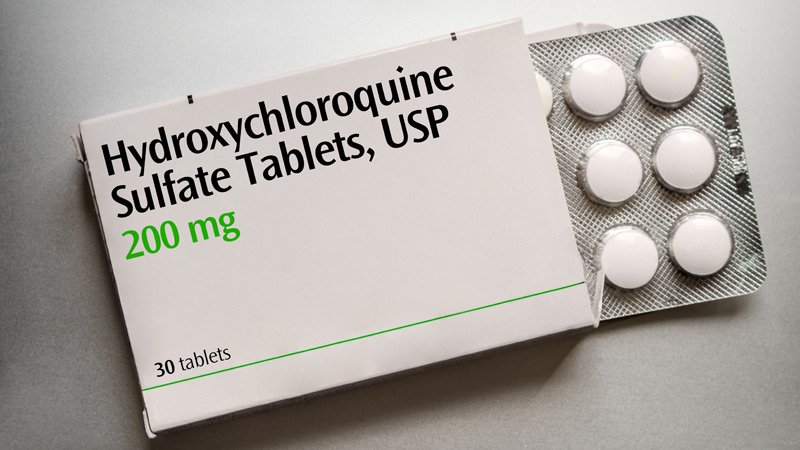There are no products in your shopping cart.
| 0 Items | £0.00 |


AMERICAN scientists have given a thumbs down to the anti-malaria drug Hydroxychloroquine touted by President Donald Trump as a possible cure for coronavirus saying it does not help prevent infection in a statistically meaningful way.
In March, President Trump said Hydroxychloroquine could be a game changer in the global fight against coronavirus. His comments immediately led to a scramble for the drug, which is widely produced in India and is currently being tested as a possible cure for the global Covid-19 pandemic.
Nigeria is among the countries carrying out clinical trials with the drug, although the World Health Organisation has said it is yet to see any evidence of its effectiveness in combating Covid-19. After clinical trials in the US involving 821 people across the country and Canada, scientists said the drug did not work significantly better than any other medication they had tried.
According to a paper published in the New England Journal of Medicine by a scientific a team from the University of Minnesota, Hydroxychloroquine is not the solution to Covid-19. Researchers enrolled adults who had come into contact with someone who had a confirmed case of Covid-19 for more than 10 minutes at a distance of six feet or less during the course of their work.
A majority of the volunteers, about 719 of them, were deemed to have had high-risk exposure because they wore neither a facemask nor an eye shield at the time, while the rest were moderate-risk because they covered their face but did not have goggles. All participants were randomly assigned to receive either Hydroxychloroquine, which is certified for use against malaria, rheumatoid arthritis and lupus, or a placebo, within four days.
Researchers then looked at how many patients went on to develop Covid-19 over the next two weeks, which was confirmed either by a laboratory test or by clinical signs. They found that 49 of the 414 given the medicine got the disease caused by the coronavirus, compared with 58 of the 407 on the placebo.
This translates to 11.83% on the drug were infected, versus 14.25% on the placebo. This difference of about 2.4 percentage points in favour of the drug was not considered statistically significant given the sample size, meaning it could have occurred because of chance.
Side effects were also more common with Hydroxychloroquine than with the placebo at 40.1% versus 16.8%, although no serious adverse reactions were reported. However, Martin Landray, a professor of medicine and epidemiology at the University of Oxford, said more research was needed to know for sure whether Hydroxychloroquine might have a moderately positive effect.